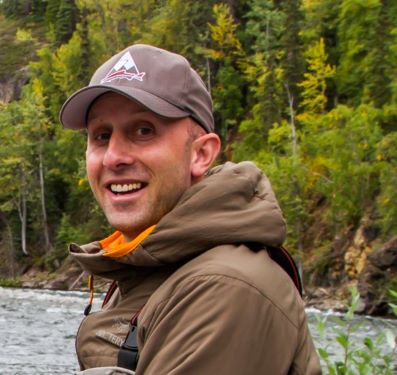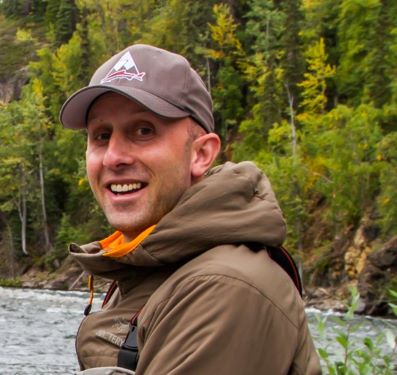Chris Sergeant

Date
End Date
Location
Event Description
Title: Mining risks to the salmon watersheds of northwestern North America.
In northwestern North America, a new rush of mining exploration and production is underway. The valuable mineral reserves in this region underlie watersheds that support critical water resources and cultural keystone species such as Pacific salmon. The scale of current-day mines dwarfs many historical mines. And, despite improvements to modern-day governance processes, we still witness mining operations causing harm to salmonid-bearing watersheds. This presentation will describe the basics of industrial-scale mining operations, the ecology of salmonid-bearing watersheds, and the negative impacts that metal and coal mining can have on salmonids and their habitat. This information can be applied to four key scientific questions intended to promote transparent discussions of whether the risk and uncertainty of mining impacts are sufficiently considered in governance processes.
About the Speaker: Chris Sergeant, Flathead Lake Biological Station
Chris Sergeant is an applied watershed scientist working where freshwaters, fish, and people converge. He grew up in Des Moines, Washington, and currently lives in Seattle working remotely as a research scientist with the Flathead Lake Biological Station. Chris is also an Affiliate Instructor with the University of Washington School of Marine and Environmental Affairs. Before moving back to Seattle with his family in late 2020, he enjoyed living 10 years in Juneau, Alaska, which had a huge influence on his perspectives on life and science. Chris studies mining impacts to freshwater ecosystems, climate change implications for Pacific salmon, best practices for developing long-term ecological monitoring plans, and the governance of transboundary watersheds. Chris received his B.S. and M.S. from the University of Washington and his PhD from the University of Alaska Fairbanks.
A recording of this presentation is available through The Foundation for WWU and Alumni.
Featured Image
Featured Image
